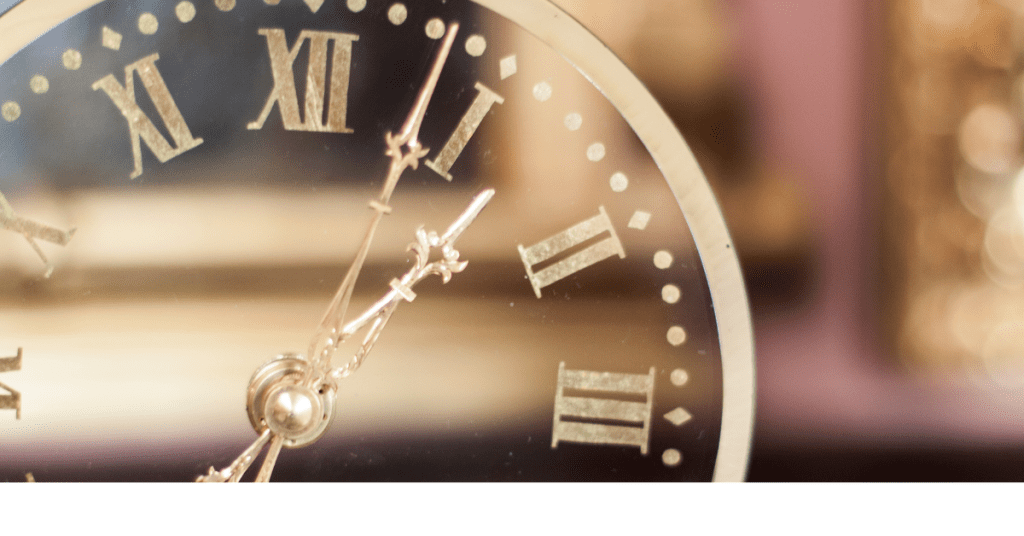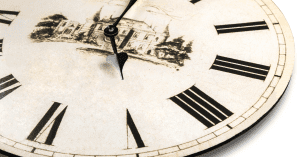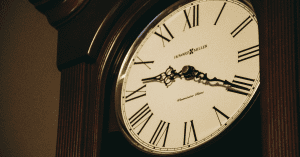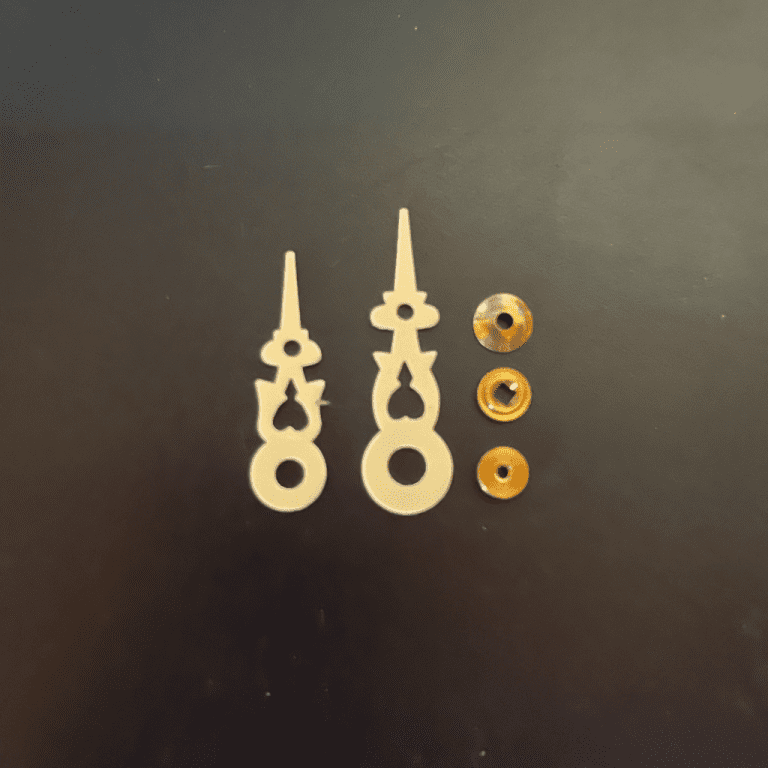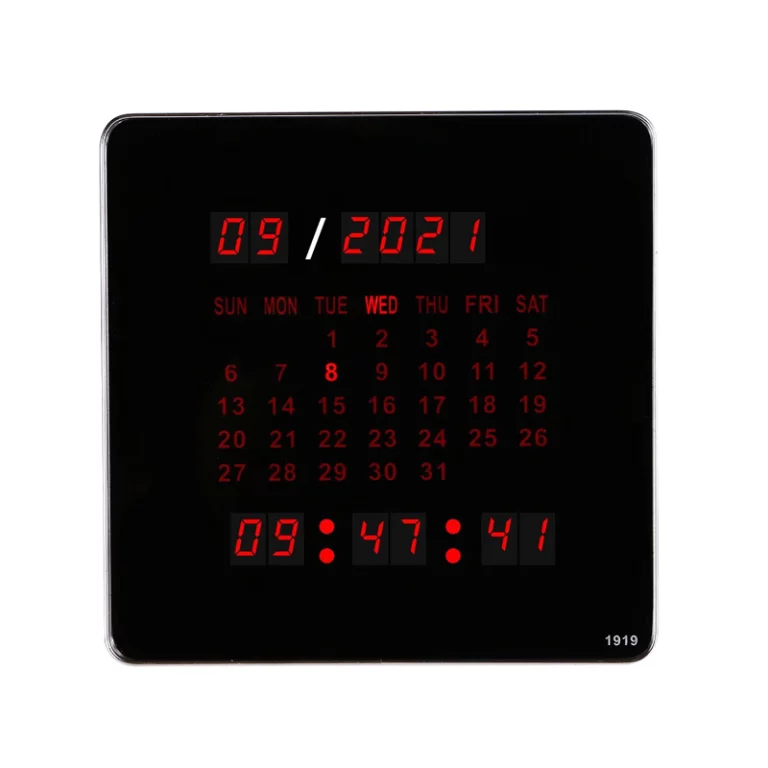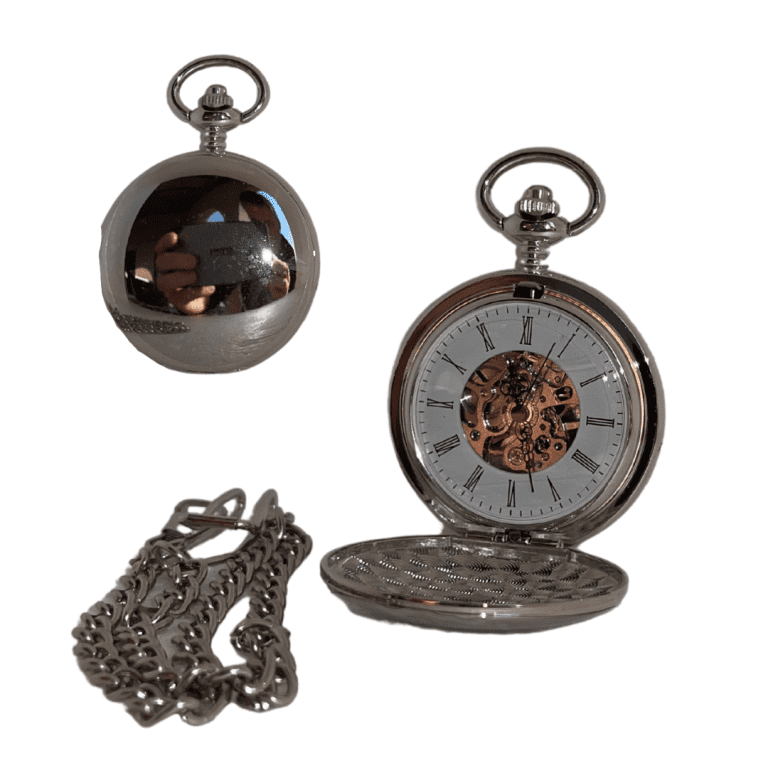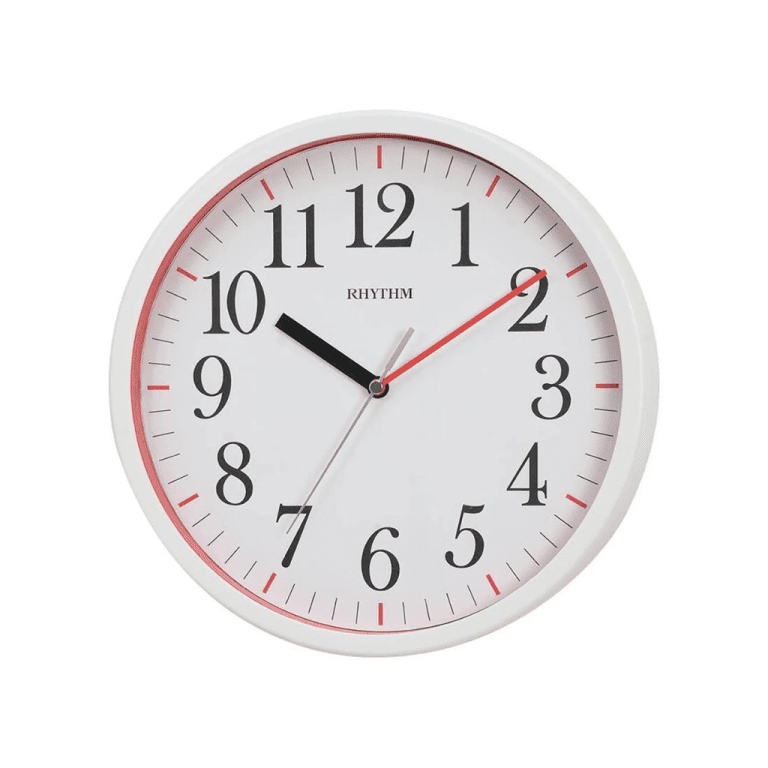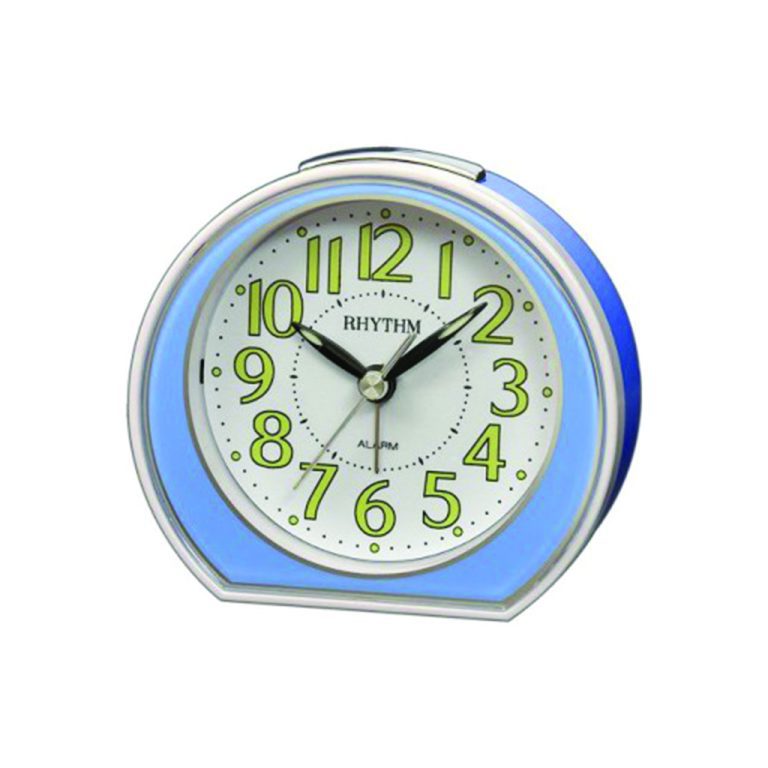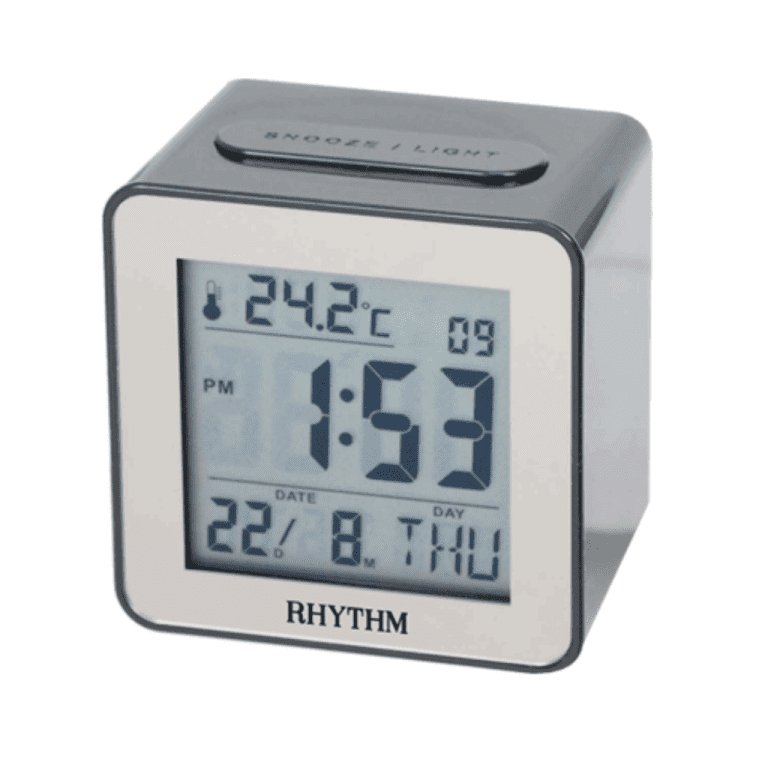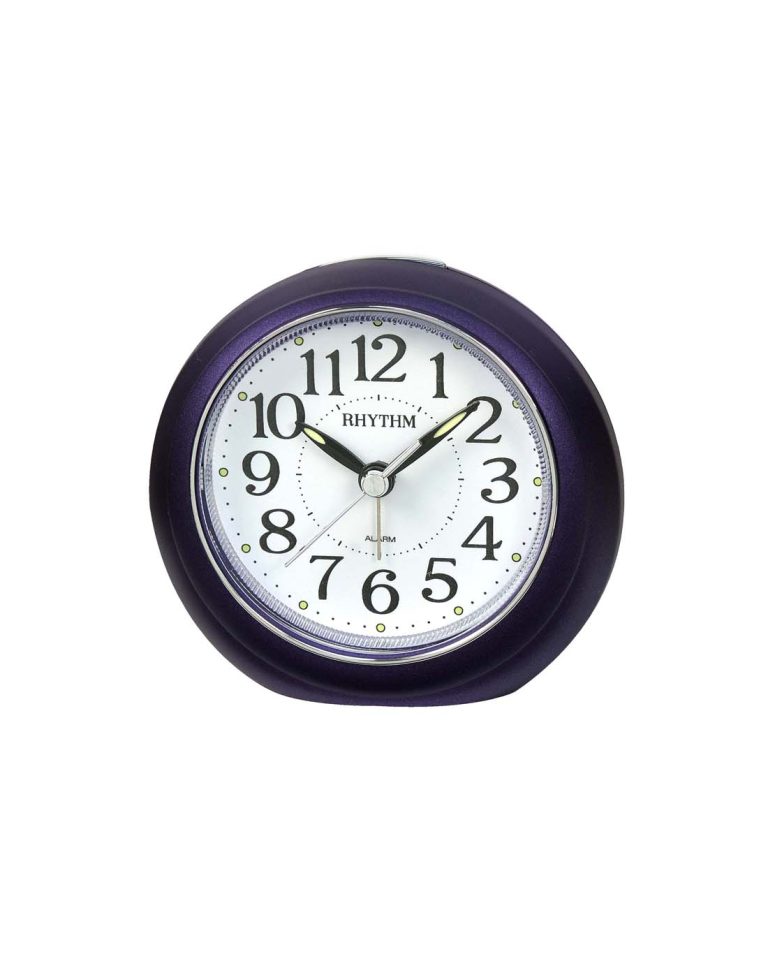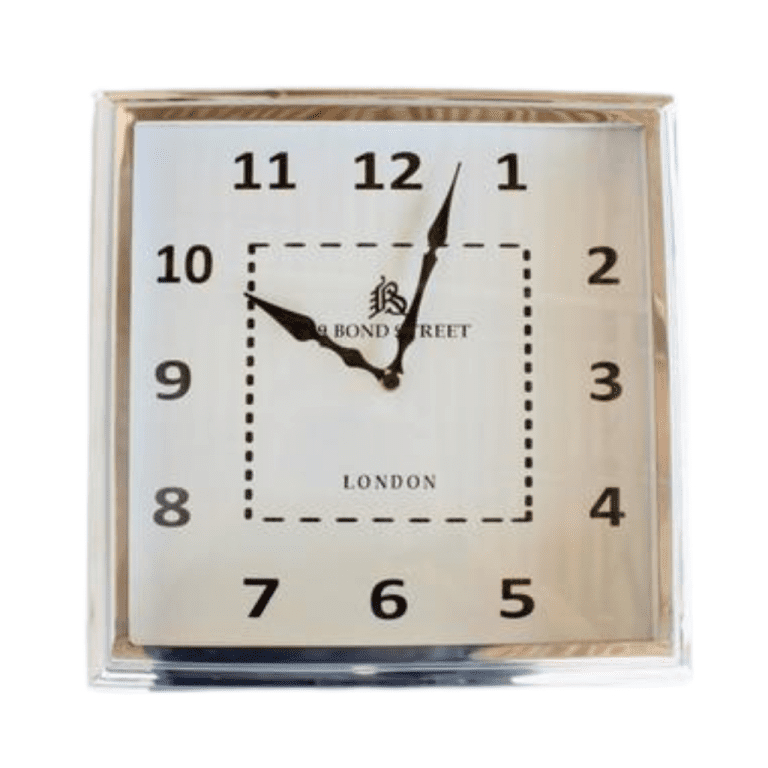A clock is a device designed to measure, display, and keep track of time. It is one of humanity’s most important inventions, shaping the way societies organize daily life, work, and leisure. From ancient sundials to today’s smart digital devices, clocks have evolved in form and function, but their purpose remains the same: to help us understand and manage the passage of time.
At its core, a clock works by dividing time into regular, measurable units—seconds, minutes, and hours. Early mechanical clocks achieved this with gears, pendulums, and weights, while modern versions often use quartz crystals or digital circuits for precision. Regardless of technology, every clock shares a goal of accuracy and reliability.
Clocks come in many forms. Large tower clocks in cities have historically served as public timekeepers, striking bells to mark the hours. Household clocks, such as wall or mantel versions, bring time into private spaces. Portable clocks, like pocket watches and wristwatches, made time personal and accessible on the go. Today, digital clocks are built into phones, computers, and countless devices, ensuring that time is always within reach.
Beyond functionality, clocks carry cultural and symbolic meaning. They can represent order, discipline, and productivity, but also the fleeting nature of life. In design, they range from ornate works of art to minimalist objects of modern living. Many clocks are treasured heirlooms, passed down through generations, while others act as statement pieces in contemporary homes.
Ultimately, a clock is more than a time-telling tool. It is a symbol of humanity’s relationship with time, reflecting technological progress, cultural values, and personal expression. Whether ancient or modern, simple or complex, clocks remain central to how people structure their lives and experience the world.

